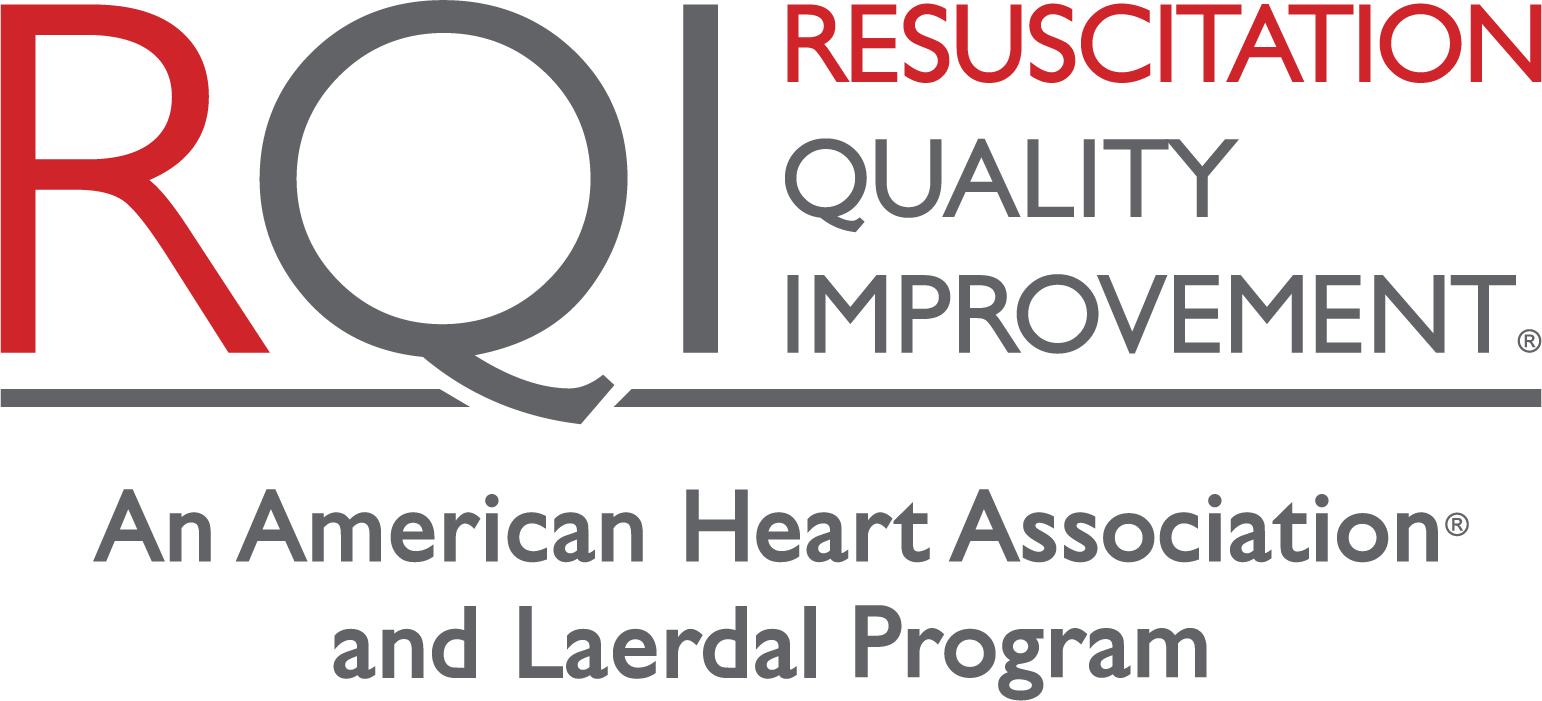Contextual Learning, Debriefing, Deliberate Practice, Education Science Guidelines, Feedback, Low Dose, High Frequency, Mastery Learning
Low Dose, High Frequency, Mastery Learning, RQI-Based
Effects of Low-Dose, High-Frequency Cardiopulmonary Resuscitation Education on Nurses’ Competency and Confidence
Assessment, Contextual Learning, Debriefing, Deliberate Practice, Feedback, Low Dose, High Frequency, Mastery Learning
Resuscitation Education Science: Educational Strategies to Improve Outcomes From Cardiac Arrest: A Scientific Statement From the American Heart Association
Education Science Guidelines, Mastery Learning
Part 6: Resuscitation Education Science: 2020 American Heart Association Guidelines for Cardiopulmonary Resuscitation and Emergency Cardiovascular Care
International, Mastery Learning
Self-learning basic life support: A randomised controlled trial on learning conditions
Cardiopulmonary resuscitation: the science behind the hands
International, Low Dose, High Frequency, Mastery Learning
Assessment of Longterm Impact of Formal Certified Cardiopulmonary Resuscitation Training Program Among Nurses
Traditional CPR training programs increase CPR knowledge and skill, but significant long-term effects could not be found. Regular and periodic recertification of CPR skills is needed.
International, Low Dose, High Frequency, Mastery Learning
Confidence vs Competence: Basic Life Support Skills of Health Professionals
Healthcare assistants and other support staff would benefit from more frequent resuscitation training to develop core BLS skills.
Debriefing, Deliberate Practice, Mastery Learning
“Putting It All Together” to Improve Resuscitation Quality
Improving training before, monitoring CPR quality during, and debriefing participants after resuscitation events has the potential to improve the quality of care delivered to cardiac arrest victims.
Deliberate Practice, Mastery Learning
Retention of Pediatric Resuscitation Performance After a Simulation-Based Mastery Learning Session: A Multicenter Randomized Trial
Mastery-based learning resulted in 71% of providers maintaining mastery-performance at 4 months.
